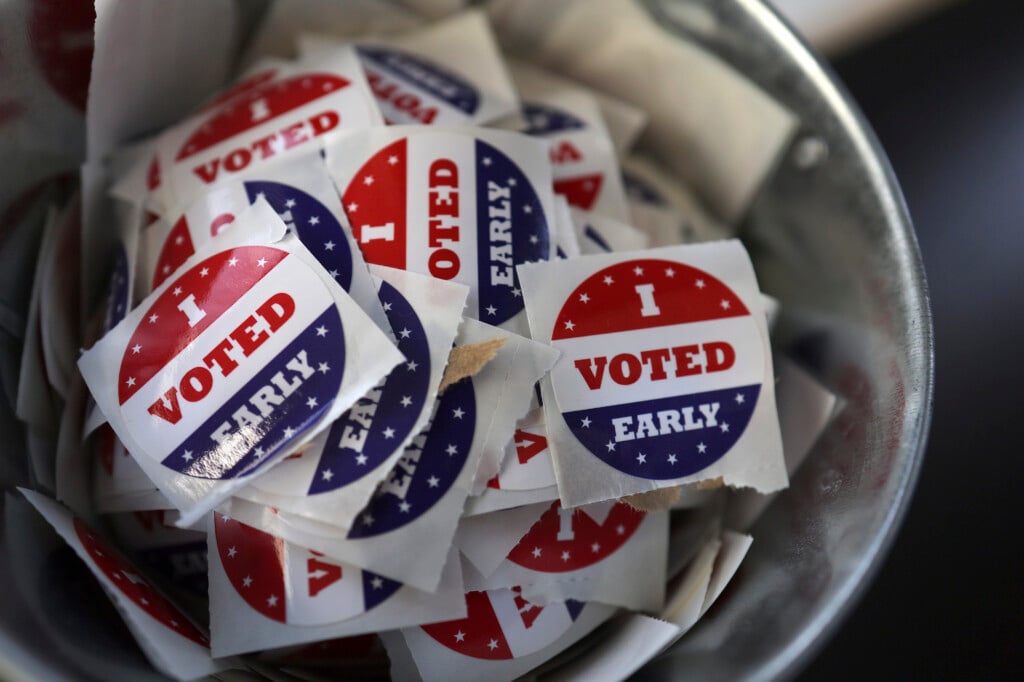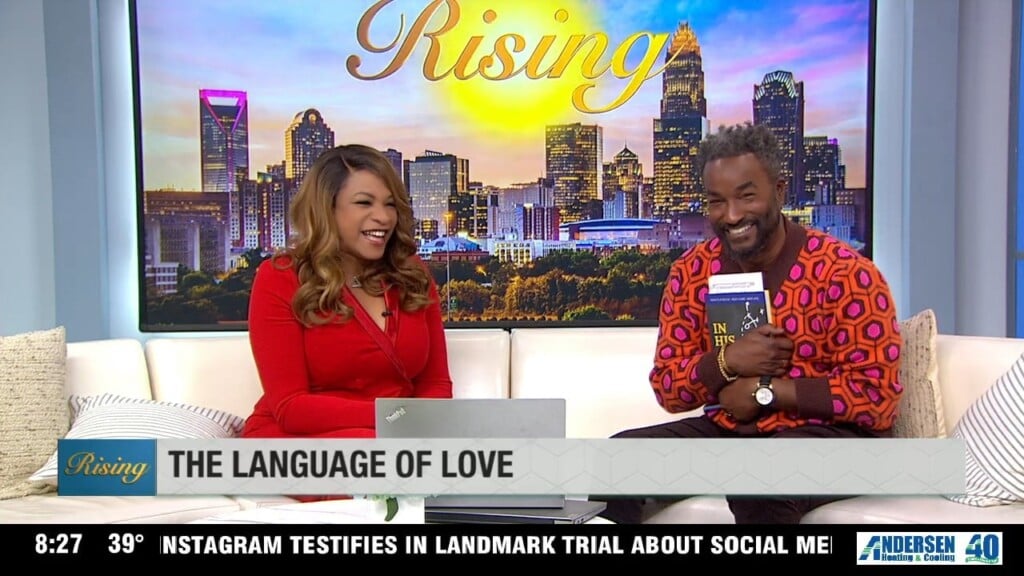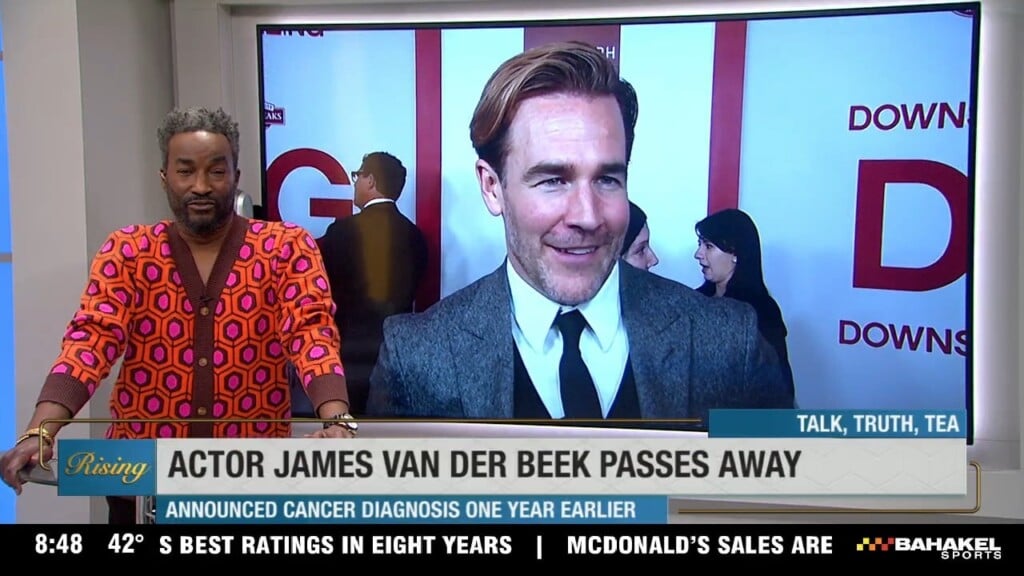The Stormy History of HB2
CHARLOTTE, N.C. – It started back in February, when Charlotte City leaders voted 7 to 4 to add LGBT protections to the city’s existing non-discrimination ordinance. Lawmakers in Raleigh threatened to override the law. But Charlotte stood its ground.
In March, state lawmakers did what they said they’d do and called a special session. In a matter of hours, Governor Pat McCrory signed House Bill 2 into law.
HB2 includes this most controversial element: it made North Carolina the first state to require transgender people use the public restroom or locker room of the gender on their birth certificate.
The fallout was swift. Musicians cancelled concerts. The NBA pulled the All Star weekend, which promised to bring $100 million to Charlotte. The NCAA and ACC moved tournament games. Paypal abandoned plans to bring 400 jobs to Charlotte. More than 80 execs for companies like Starbucks, Apple, Twitter, and Facebook wrote McCrory an open letter, condemning the law.
The Charlotte Chamber of Commerce warned that the economic repercussions of HB2 are “threatened and real,” especially to the travel and tourism industry. One think tank even predicted the bill could cost North Carolina $5 billion dollars a year.
The Justice Department ended up suing North Carolina, saying HB2 violated federal civil rights laws. Civil rights groups sued, too. Depending on what happens Wednesday, we know the federal trial won’t start until at least this summer.




